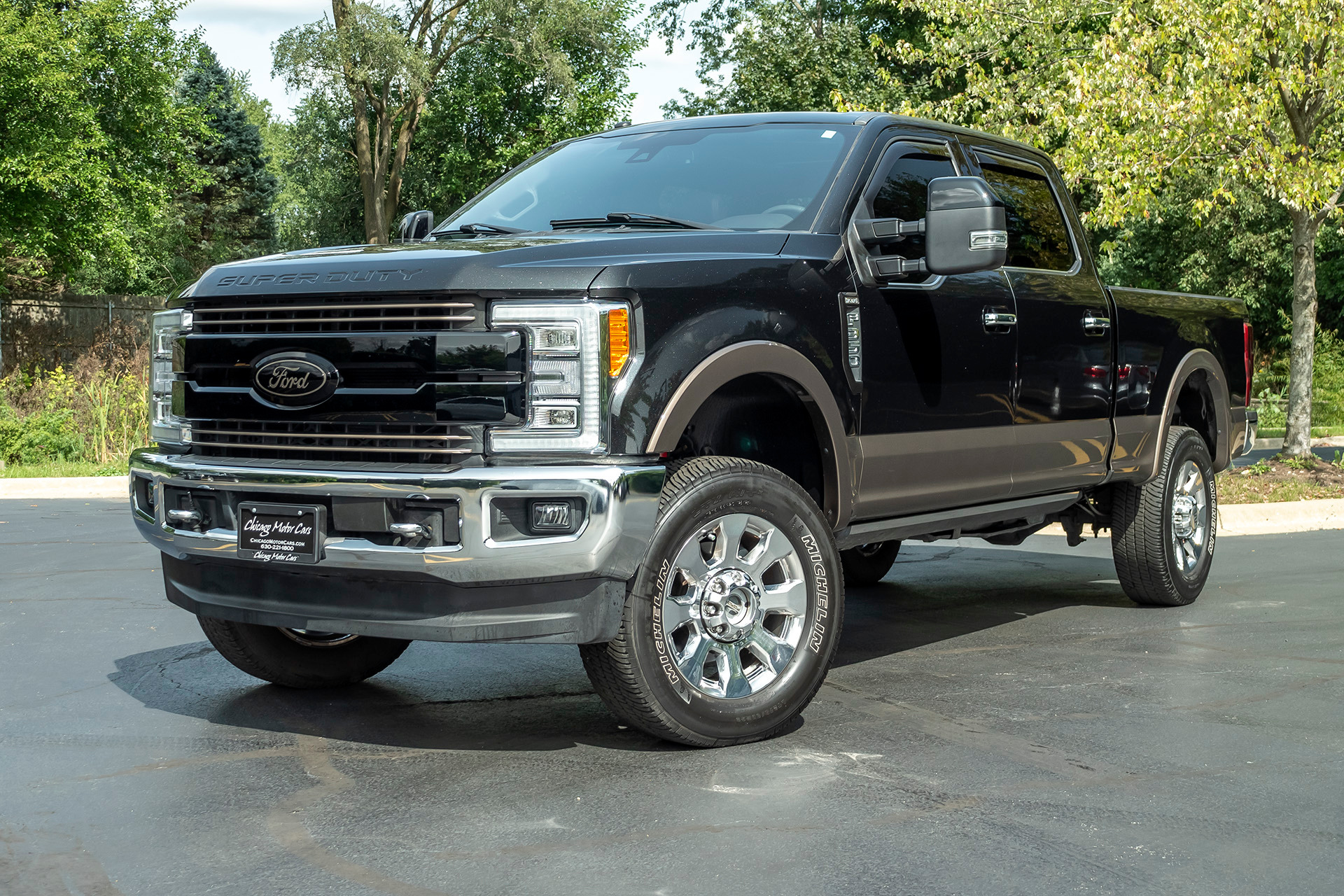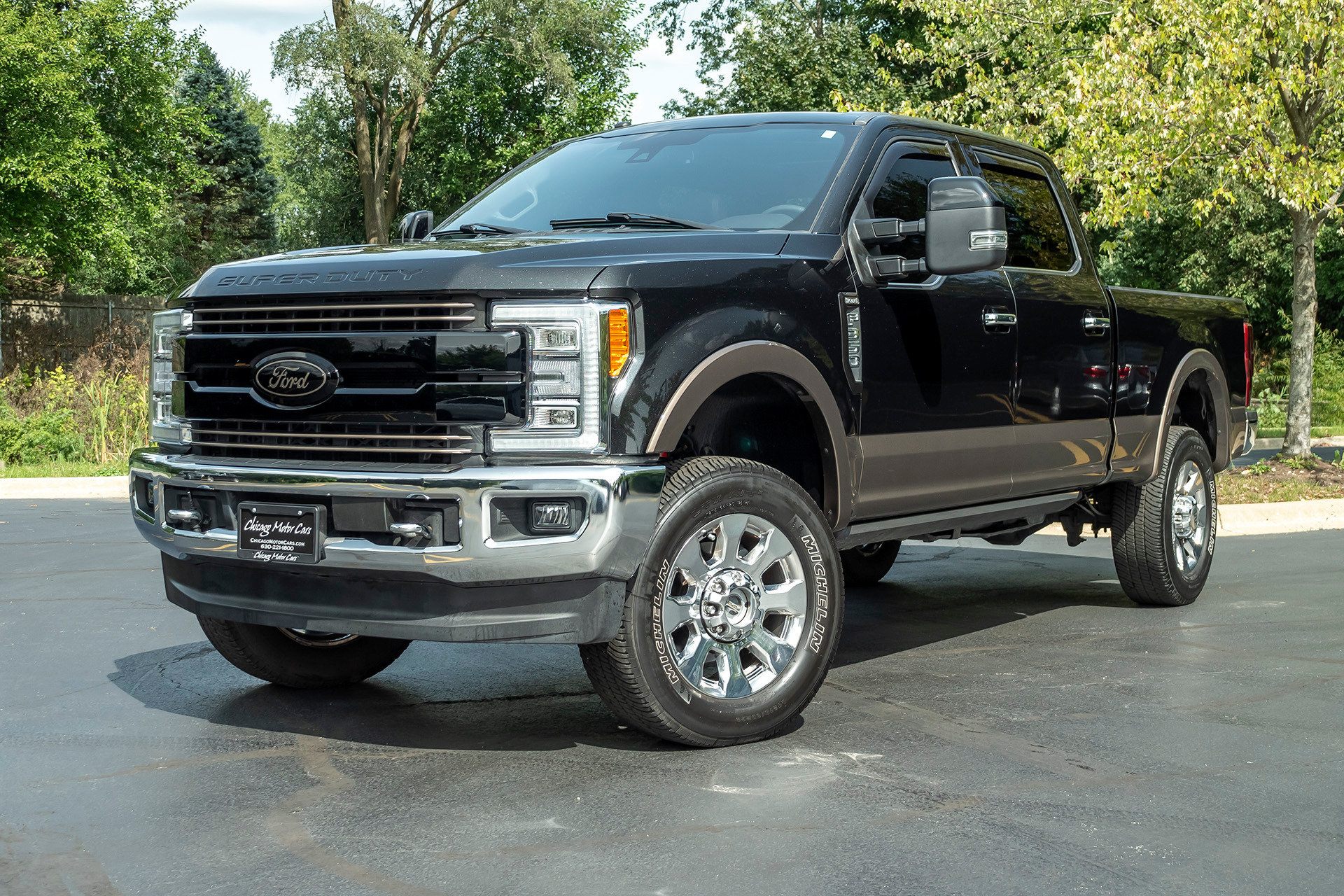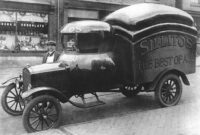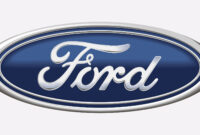350 Diesel Trucks For Sale: Your Ultimate Buyer’s Guide sale.truckstrend.com
Introduction: Unleashing the Power of the 350 Diesel Truck
When the job calls for serious muscle, unparalleled towing capacity, and enduring reliability, the phrase "350 Diesel Trucks For Sale" often echoes in the minds of discerning buyers. A "350 Diesel Truck" refers to the heavy-duty, one-ton pickup trucks offered by major manufacturers – namely the Ford F-350, Ram 3500, and Chevrolet Silverado/GMC Sierra 3500HD – all equipped with robust diesel powertrains. These behemoths are not just larger versions of their half-ton counterparts; they are purpose-built machines designed to conquer the most demanding tasks, from hauling massive payloads for commercial enterprises to effortlessly towing large recreational vehicles across the country.
350 Diesel Trucks For Sale: Your Ultimate Buyer’s Guide
The importance of these trucks lies in their immense capability. They bridge the gap between consumer-grade pickups and medium-duty commercial trucks, offering the versatility of a pickup with near-commercial-grade strength. Their diesel engines, renowned for their prodigious torque output, fuel efficiency under load, and legendary longevity, make them indispensable tools for countless applications. This comprehensive guide aims to demystify the world of 350 diesel trucks for sale, providing you with the knowledge and insights necessary to make an informed purchase that perfectly aligns with your needs.
Why Choose a 350 Diesel Truck? The Undeniable Advantages
Opting for a 350 diesel truck isn’t just about owning a big vehicle; it’s about investing in a highly capable workhorse with a suite of compelling benefits:
- Superior Towing and Hauling Capacity: This is the primary reason most buyers gravitate towards a 350 diesel. With Gross Combined Weight Ratings (GCWR) often exceeding 30,000 lbs and payloads over 7,000 lbs, these trucks can handle the heaviest fifth-wheel trailers, gooseneck livestock trailers, or fully loaded utility beds with ease.
- Exceptional Torque: Diesel engines produce significantly more torque at lower RPMs than gasoline engines, which is crucial for getting heavy loads moving and maintaining speed on inclines without straining the powertrain.
- Durability and Longevity: Diesel engines are built to withstand high compression and continuous heavy loads, often outlasting gasoline engines by tens of thousands, if not hundreds of thousands, of miles when properly maintained.
- Fuel Efficiency Under Load: While diesel fuel can be more expensive, diesel engines typically offer better miles per gallon (MPG) than gasoline engines, especially when towing or hauling heavy loads, making them more economical in the long run for demanding tasks.
- Strong Resale Value: Due to their durability, capability, and the persistent demand from commercial and recreational users, 350 diesel trucks tend to hold their value exceptionally well.
- Integrated Technologies: Modern 350 diesel trucks come equipped with advanced towing technologies like integrated trailer brake controllers, exhaust brakes, trailer sway control, and sophisticated camera systems, making towing safer and more manageable.

These attributes make 350 diesel trucks ideal for contractors, ranchers, heavy equipment operators, serious RV enthusiasts, and anyone who regularly needs to move substantial weight.
Key Manufacturers and Their Flagship 350 Diesel Models

When searching for "350 Diesel Trucks For Sale," you’ll primarily encounter offerings from the "Big Three" American automakers, each with their own legendary diesel engine:
- Ford F-350 (Power Stroke Diesel): The F-Series Super Duty trucks are synonymous with heavy-duty capability. The Ford F-350, powered by the mighty Power Stroke V8 diesel engine, is renowned for its immense towing and payload capacities. Ford often innovates with features like Pro Power Onboard (an integrated generator), onboard scales, and smart hitch technology, making it a highly advanced work truck.
- Ram 3500 (Cummins Turbo Diesel): Ram’s heavy-duty lineup is iconic for its partnership with Cummins, offering the legendary 6.7L inline-six Cummins Turbo Diesel engine. Known for its brute strength, reliability, and relatively simple design (compared to some V8 diesels), the Cummins is a favorite among those who prioritize raw power and longevity. Ram also distinguishes itself with class-leading interiors and coil-spring rear suspensions (on some models) for a more comfortable ride.
- Chevrolet Silverado 3500HD / GMC Sierra 3500HD (Duramax Diesel): General Motors’ one-ton trucks, the Silverado 3500HD and Sierra 3500HD, are powered by the robust Duramax V8 diesel engine, paired with the highly regarded Allison automatic transmission. This powertrain combination is celebrated for its smooth operation, quick acceleration, and excellent integration with towing features. GM trucks often boast impressive trailering cameras, multi-function tailgates (Multi-Pro/Multi-Flex), and refined ride quality.
Each brand offers various trim levels, cab configurations (Regular, Extended, Crew), and bed lengths (Long, Standard), allowing buyers to customize their truck to specific needs and preferences.
What to Look For When Buying a Used 350 Diesel Truck
The market for "350 Diesel Trucks For Sale" heavily features used models, which can offer significant savings. However, a thorough inspection is crucial to ensure you’re getting a reliable vehicle.
-
Engine Condition and Maintenance Records:
- Listen for: Unusual noises (knocking, ticking), excessive smoke from the exhaust (especially blue or white smoke at start-up/idle).
- Check for: Oil leaks, coolant leaks, signs of blow-by (excessive pressure from the oil fill cap).
- Review Records: Look for consistent oil changes, fuel filter replacements, DEF refills (if applicable), and any major repairs. Diesels thrive on regular maintenance.
- Engine Hours: For a diesel, engine hours can be as telling as mileage, especially for work trucks that idle a lot. High hours relative to mileage could indicate significant wear.
-
Transmission Performance:
- Test Drive: Ensure shifts are smooth and timely, without hesitation, clunking, or slipping.
- Fluid Check: On some models, check the transmission fluid for proper level and color (should be reddish, not dark or burnt-smelling).
-
Chassis, Suspension, and Brakes:
- Rust: Inspect the frame, suspension components, and body panels thoroughly, especially in regions that use road salt.
- Suspension: Look for worn shocks, bushings, or springs. Bounce each corner of the truck to check shock rebound.
- Tires: Check tread depth and even wear. Uneven wear can indicate alignment issues or worn suspension components.
- Brakes: Check the condition of rotors and pads. Listen for grinding or squealing during the test drive.
-
Towing Package and Electronics:
- Hitch: Inspect the receiver hitch for damage. If it has a gooseneck or fifth-wheel prep package, ensure all components are present and functional.
- Electrical: Test all lights (headlights, taillights, turn signals, trailer lights), power windows, locks, HVAC, and the infotainment system.
- Integrated Brake Controller: If equipped, ensure it works.
-
Vehicle History Report (VHR):
- Essential Tool: Use services like CarFax or AutoCheck to review the truck’s history for accidents, flood damage, salvage titles, reported odometer discrepancies, and service history.
-
Pre-Purchase Inspection (PPI):
- Highly Recommended: Even if you’re knowledgeable, have a trusted mechanic specializing in diesel trucks perform a comprehensive inspection. They can identify issues you might miss and often have specialized diagnostic tools.
Understanding Diesel Truck Terminology and Features
Navigating the world of "350 Diesel Trucks For Sale" requires familiarity with specific terminology:
- Horsepower (HP) vs. Torque (lb-ft): While HP relates to top speed, torque is paramount for heavy-duty trucks as it represents the twisting force that gets a load moving and maintains speed uphill. Diesels excel in torque.
- DEF (Diesel Exhaust Fluid): A fluid injected into the exhaust stream to reduce NOx emissions. If a modern diesel truck has DEF, ensure its system is functioning correctly, as running out or having a faulty system can de-rate the engine.
- DPF (Diesel Particulate Filter): Traps soot from the exhaust. It undergoes a "regeneration" process to burn off the soot. Short trips or excessive idling can prevent proper regeneration, leading to DPF clogging issues.
- EGR (Exhaust Gas Recirculation): Recirculates a portion of exhaust gas back into the engine to reduce NOx. EGR systems can sometimes become clogged with soot, affecting performance.
- Exhaust Brake: Uses the engine’s exhaust system to create back pressure, helping to slow the truck and trailer, reducing wear on the service brakes, especially on descents.
- Payload vs. Towing Capacity:
- Payload: The maximum weight the truck can carry, including passengers, cargo, and the tongue weight/pin weight of a trailer.
- Towing Capacity: The maximum weight the truck can tow, including the trailer and its contents.
- GVWR (Gross Vehicle Weight Rating): The maximum permissible total weight of the truck itself, including its own weight, fuel, passengers, and cargo.
- GCWR (Gross Combined Weight Rating): The maximum permissible total weight of the truck and a loaded trailer combined.
- Dually vs. Single Rear Wheel (SRW):
- Dually: Has four tires on the rear axle (two on each side). Offers significantly increased payload and towing stability, especially for wide or heavy trailers like fifth-wheels.
- SRW: Has two tires on the rear axle. More maneuverable, better fuel economy when unloaded, and less expensive to replace tires.
Tips for a Successful Purchase
- Define Your Needs: Be honest about your primary use. Do you need a dually for a huge RV, or will an SRW handle your occasional boat towing? This will narrow your search for "350 Diesel Trucks For Sale."
- Set a Realistic Budget: Beyond the purchase price, factor in insurance, registration, potential maintenance, and the higher cost of diesel fuel.
- Research Specific Model Years: Some model years or engine iterations have known common issues (e.g., early 6.0L Power Stroke, certain EGR/DPF issues). Research forums and owner groups to be aware.
- Test Drive Thoroughly: Don’t just drive around the block. Take it on the highway, accelerate, brake, and if possible, test it with a load that approximates what you’ll be towing.
- Negotiate Wisely: Be prepared to negotiate based on your research, the truck’s condition, and market value.
- Consider Financing: Explore various financing options, including traditional bank loans, credit unions, or dealership financing.
Potential Challenges and Solutions
While 350 diesel trucks offer incredible advantages, there are some potential challenges to consider:
- Higher Purchase Price: Both new and used 350 diesel trucks are generally more expensive than their gasoline counterparts.
- Solution: Justify the cost by recognizing the long-term value, durability, and capability that justifies the premium for those who truly need it. Used models offer a more accessible entry point.
- Higher Maintenance Costs: Parts for diesel engines can be more expensive, and specialized mechanics may charge higher labor rates. Emissions system components (DPF, DEF) can also be costly to replace.
- Solution: Stick religiously to the maintenance schedule. Learn basic DIY maintenance (oil changes, fuel filters). Budget for potential larger repairs. Proper driving habits can mitigate emissions system issues.
- Emissions System Complexity: Modern diesels have complex emissions systems (DEF, DPF, EGR) that can be prone to issues if not properly maintained or if the truck is primarily used for short trips.
- Solution: Ensure regular "regeneration" cycles for the DPF by driving at highway speeds for extended periods. Use high-quality DEF fluid. Address diagnostic codes promptly.
- Fuel Cost and Availability: Diesel fuel can be more expensive and less readily available in some areas than gasoline.
- Solution: While price per gallon might be higher, the improved fuel economy under load often offsets this, especially for high-mileage users. Plan routes to ensure diesel availability.
- Size and Maneuverability: These are large trucks, which can be challenging to park and maneuver in tight urban environments.
- Solution: Practice driving and parking. Utilize modern features like surround-view cameras and parking sensors. Acknowledge that a 350 diesel is built for work, not necessarily city commuting.
Estimated Price Table for Used 350 Diesel Trucks For Sale
Please note: Prices are highly variable based on geographical location, specific trim level, options, exact mileage, and overall condition. This table provides estimated ranges for popular models from recent generations (roughly 2015-2023).
| Make/Model | Model Year Range | Condition (Good/Excellent) | Mileage Range (typical) | Estimated Price Range ($USD) | Key Features/Notes |
|---|---|---|---|---|---|
| Ford F-350 (Power Stroke) | 2015-2019 | Good | 100,000 – 200,000 | $25,000 – $45,000 | Earlier generation 6.7L Power Stroke. Look for well-maintained examples. |
| 2020-2023 | Excellent | 30,000 – 90,000 | $50,000 – $80,000+ | Newer generation with updated technology, higher towing/payload. Price varies heavily with trim (Lariat, King Ranch, Platinum). | |
| Ram 3500 (Cummins) | 2015-2018 | Good | 100,000 – 200,000 | $28,000 – $48,000 | Reliable 6.7L Cummins. Can find good deals on higher mileage models if well-maintained. |
| 2019-2023 | Excellent | 30,000 – 90,000 | $55,000 – $85,000+ | Redesigned generation with improved interiors, higher output Cummins (HO option), and updated tech. Dually models at the higher end. | |
| Chevy Silverado 3500HD / GMC Sierra 3500HD (Duramax) | 2015-2019 | Good | 100,000 – 200,000 | $27,000 – $47,000 | Dependable Duramax/Allison combo. Good value in this range. |
| 2020-2023 | Excellent | 30,000 – 90,000 | $52,000 – $82,000+ | Redesigned models with increased capability, advanced trailering tech, and refined interiors. GMC Denali/AT4 and Chevy High Country will be at the top. |
Disclaimer: These are general estimates. Prices can fluctuate significantly based on market demand, location, specific vehicle history, dealer vs. private seller, and additional features or modifications.
Frequently Asked Questions (FAQ) about 350 Diesel Trucks For Sale
Q1: What’s the average lifespan of a 350 diesel engine?
A1: With proper maintenance, a modern 350 diesel engine can easily last 300,000 to 500,000 miles or more. Many older models (pre-emissions) are known to go even further.
Q2: Are diesel trucks more expensive to maintain?
A2: Generally, yes. While they require less frequent basic maintenance (e.g., oil changes, though oil capacity is larger), parts are typically more expensive, and specialized diesel mechanics may charge higher labor rates. Emissions system components can also be costly to repair or replace.
Q3: What’s the main difference between SRW (Single Rear Wheel) and Dually?
A3: A dually has four tires on its rear axle, providing increased stability and significantly higher payload and towing capacities compared to an SRW truck, which has two rear tires. Duallys are essential for very heavy fifth-wheel or gooseneck trailers.
Q4: Do I need DEF (Diesel Exhaust Fluid)?
A4: Most diesel trucks manufactured after 2010 (some earlier) require DEF to meet emissions standards. If your truck has a DEF tank, it’s crucial to keep it filled with the correct fluid, as the engine’s power may be reduced if the DEF level is too low or the system malfunctions.
Q5: What mileage is too high for a used diesel truck?
A5: Unlike gasoline engines, high mileage on a diesel truck isn’t necessarily a red flag if the truck has been well-maintained. A 200,000-mile diesel with thorough service records might be a better buy than a 100,000-mile diesel with a spotty history. Focus on maintenance, engine hours, and overall condition.
Q6: Can I use biodiesel in my 350 diesel truck?
A6: Most modern diesel trucks are compatible with a certain percentage of biodiesel (e.g., B5 or B20). Always check your owner’s manual for the specific recommendations and limitations for your truck’s model year and engine to avoid potential issues.
Conclusion: Your Investment in Unmatched Capability
The search for "350 Diesel Trucks For Sale" is the first step towards acquiring a vehicle that offers unmatched capability, durability, and a commanding presence. These heavy-duty pickups, powered by robust diesel engines, are designed to excel in the most demanding towing and hauling scenarios, making them invaluable assets for both commercial operations and serious recreational pursuits.
While the initial investment and potential maintenance costs might be higher than their gasoline counterparts, the longevity, fuel efficiency under load, and exceptional resale value of a well-maintained 350 diesel truck often justify the premium. By thoroughly researching models, understanding key terminology, performing diligent inspections (including a crucial pre-purchase inspection), and being aware of potential challenges, you can confidently navigate the market. Choosing the right 350 diesel truck isn’t just buying a vehicle; it’s investing in a reliable, powerful partner ready to tackle any task you throw its way.



